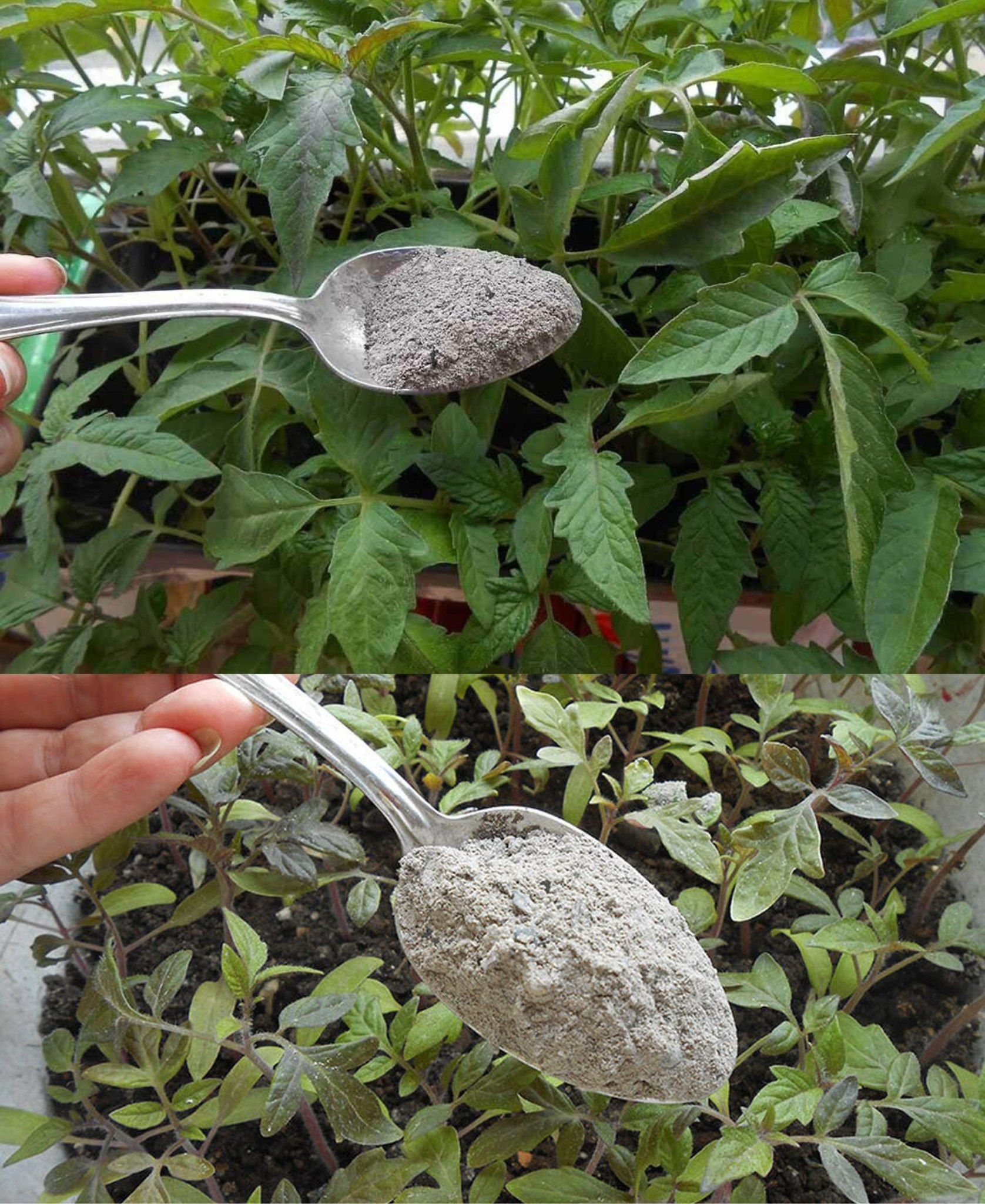
Reusing Wood Ash in 7 Eco-Friendly and Practical Ways
Wood ash, whether from your fireplace or garden clean-up, holds immense potential for ecological, economical, and practical use. It’s a versatile resource, beneficial for both home and garden tasks. Explore seven eco-friendly methods to recycle wood ash effectively.
Wood Ash: A Valuable Resource Wood ash, a byproduct of plant combustion or untreated wood, is a natural and environmentally friendly substance. Rich in mineral salts like calcium, potash, silica, and phosphorus, it offers numerous benefits across various applications. From fertilizing to degreasing, its versatility makes it a valuable asset.
Which Ashes to Use? To ensure safety and avoid contamination, it’s crucial to select the right type of ashes for recycling:
Recyclable:
- Ashes from untreated wood or plant combustion.
- Natural wood ashes from logs or pellets.
- Plant residues like pruning remains and dead leaves.
Not Recommended for Recycling:
- Ashes from reclaimed wood or composite materials.
- Ashes from coal stoves, which may contain toxic substances.
Extra Tips:
- Remove any large debris from the ash before use.
- Always wait for the ashes to cool completely before handling them.
Recycling Wood Ash Around the House
- Laundry Detergent: Wood ash contains potash, a natural surfactant ideal for washing laundry. It effectively removes organic stains from various fabrics, making it suitable for both white and colored clothing.
- Window Cleaner: Harnessing its degreasing properties, wood ash makes an excellent window cleaner. Use it to scrub away stains and achieve sparkling windows.
- Degreaser and Scrubber: Powdered wood ash acts as a potent degreaser, perfect for scrubbing dishes, bathroom fixtures, and kitchen appliances. Its abrasive nature helps tackle stubborn stains effectively.
- Silverware and Brass Polish: For shining silverware and brass items, apply wood ash with a damp cloth and rinse for a gleaming finish.
Recycling Wood Ash in the Garden 5. De-Icer: Combat ice and frost by sprinkling wood ash on pathways, stairs, and doorsteps. Its low corrosiveness makes it a safer alternative to salt.
- Plant Fertilizer: Utilize the mineral-rich composition of wood ash to fertilize fruit trees, lawns, and vegetable gardens. Its nutrient content nourishes plants and enhances their growth.
- Pest Repellent: Spread wood ash around flower beds and vegetable patches to deter pests like slugs and snails. Its drying properties make it an effective natural repellent.
By repurposing wood ash in these eco-friendly ways, you not only reduce waste but also contribute to a more sustainable lifestyle. So, next time you collect wood ash, remember the myriad of benefits it offers and put it to good use!
Share Article: